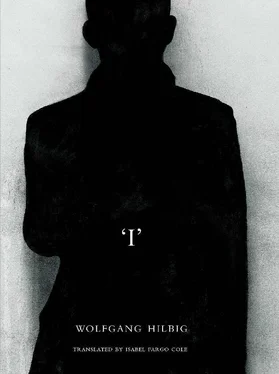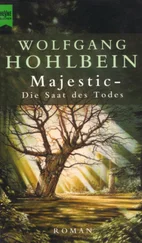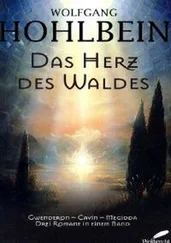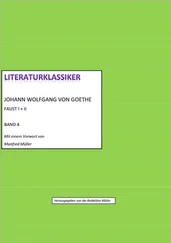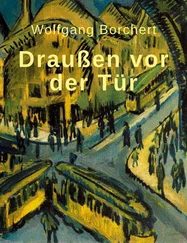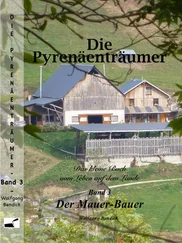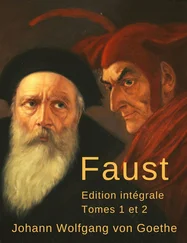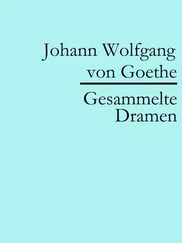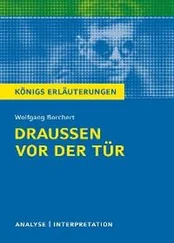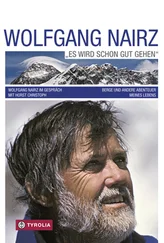In any case I wanted to look for the pale young girl, whose name, I recalled now, was Herta. There was no doubt that this Herta, too, had seen the child at least once. I couldn’t remember her face. . when I tried to picture it, it merged, like the most natural thing in the world, with the student’s. This Herta was also dark-haired and slender, and her form had something similarly evanescent. Her face seemed just as white and small in my memory, it had the same strangely open expressionlessness for which the only word I could think of was naked . She could yet be shaped, I thought, she could yet be transformed into a semblance of the student. .
My mother was overwhelmed by my arrival in A., the extent of her surprise almost alarming; she had been convinced I’d been living for years in West Germany. At long but almost regular intervals she had received letters from various cities — Stuttgart, Mannheim, Frankfurt, most of them from West Berlin — stamped with West German stamps and bearing the postmark of each city. At first she’d written back asking whether it would be possible to visit me, but I always claimed to have no time, and soon she gave up. — The letters she showed me, I saw at a glance, were typed on my typewriter, the last one, in fact, on an electric machine such as I had used in Frau Falbe’s room. And the letters were signed by an expert who’d mastered my signature perfectly. — My mother was greatly aged, grown nervous, a bit frail; I thought it better not to undeceive her. I explained my unexpected return with the advantageous circumstances of a certain literary success. . but at some point, I told her, I’d have to leave again to continue my studies in West Berlin.
It was more than a week before I ventured out onto the streets of A., meagrely informed about the country’s current affairs by newspapers, my mother’s barely usable television and the radio. There was much talk of the fact that from 15 to 17 January unrest had erupted again in connection with the annual rallies honouring Rosa Luxemburg and Karl Liebknecht, not just in Berlin this time but also in Leipzig and other cities. Once again unauthorized banners had been unfurled, there had been chants demanding freedom for dissenters,18 once again many of these so-called counterdemonstrators had been arrested. And the Western broadcasters kept bringing up the claim that embassy refugees were camping out in the Permanent Mission in East Berlin, and not only there, but also in the West German embassies in Prague, Warsaw, Budapest. . even at this time the situation in the embassies had to be described as precarious. — Even at this time! I thought. Just wait for the spring, when the East Germans feel the wanderlust. — The domestic media wrapped themselves in steadfast silence.
Nothing seemed to have changed in A. itself; in the evening the town was covered by the usual hermetic bell jar of industrial fumes, and fog clotted in the streets. Now even fewer lanterns were lit, to conserve energy, and at six in the evening the light in the shop windows was extinguished as well; the city seemed lifeless.
The boss, to whom I was supposed to have reported immediately, had been replaced (replaced, suspended, transferred — it was impossible to find out); he had a cultural-political assignment now, I heard; at some point I learnt he was heading the Railroad Workers’ Literary Working Group in the district town. — His grocery-store snoop was nowhere to be seen, for all his six feet; then I heard he’d taken a trip to Hungary.19
The new boss now sitting in the old one’s chair gave me an astonished but exceedingly friendly reception. He was a somewhat stolid man of medium height, about sixty, already with something of a stoop in his gait. . or rather a crouch, with a hidden confidence in the ankles. His broad face radiated the certainty that he was approaching the goal of his career.
Be glad you’re here with us now, he said to me jovially (I was silent, prepared for a rant); this was in the town hall, Room 17.
Don’t let things get you down, he went on, don’t think so much, take a little break first. Don’t keep thinking about Berlin, you look shell-shocked, as if you were still half in Berlin. That’s taken care of, now you’ll have a little rest first, we’ve got time. Things are quiet here, we’ve got a few boys out there to keep the peace. They’ll hold the others off when they get too loud. Always remember, history is on our side, we’ve got time. .
Now standing at the double-winged window, he pushed the curtain a bit to the side and looked out at the street: We’re not right in the line of fire here, not like the folks up in the cities. Berlin, Leipzig, Rostock — the heat’ll be on soon, you don’t even want to watch. Just remember, we’ve got lots of time down here, we’ll think of something. .
The headquarters of the Ministry for State Security (or Stasi; here: MSS) occupied a complex in Berlin-Lichtenberg between Frankfurter Allee, Normannenstrasse and Magdalenenstrasse. [Back to Text]
Also known as the Liebknecht-Luxemburg Demonstration, held each year on 15 January at the grave of leading German communists Karl Liebknecht and Rosa Luxemburg, murdered in 1919 by a right-wing militia. [Back to Text]
In the 1980s, increasing numbers of GDR citizens — ultimately hundreds of thousands — successfully applied for permission to emigrate. During the long, difficult process, applicants and their families were marginalized and subjected to reprisals and harassment by the authorities. [Back to Text]
Alfred Kurella (1895–1975): one of the GDR’s leading cultural functionaries. [Back to Text]
In the summer of 1989, increasing numbers of GDR citizens sought asylum in embassies (notably, the West German Embassy in Prague) or West Germany’s Permanent Mission in East Berlin. [Back to Text]
In 1976, the GDR expatriated dissident singer-songwriter Wolf Biermann, demonstrating a new hard line and disillusioning broad circles of East German intellectuals, whose attempt to pro- test Biermann’s expulsion was squelched. In the following years, increasing numbers of intellectuals left the country. [Back to Text]
The East German state profited when GDR writers published work in the West, as the hard currency which they received flowed into the state coffers. Beginning in 1979, GDR citizens were required to convert any hard currency they owned into ‘Forum cheques’ at state banks; these cheques could be spent only at ‘Intershops’, state-run retail shops which offered Western goods. These measures ensured a flow of much-needed hard currency. [Back to Text]
Walter Ulbricht (1893–1973): GDR leader from 1950 to 1973. [Back to Text]
A common greeting in the Catholic regions of Southern Germany. [Back to Text]
Pensioners were permitted to travel abroad. [Back to Text]
Rührung ist nur eine Randerscheinung : Allusion to the anthology Berührung ist nur eine Randerscheinung (Connection Is Just a Fringe Phenomenon). See Afterword. [Back to Text]
The official East German term for West Berlin, which the GDR did not recognize as part of West Germany. [Back to Text]
Lavrentiy Beria (1899–1953): chief of the NKVD (Soviet secret police) under Stalin. [Back to Text]
Yuri Andropov (1914–84): general secretary of the Communist Party of the Soviet Union from 1982 to 1984. [Back to Text]
Samuel Beckett, How It Is (1961). [Back to Text]
Giles Deleuze, ‘How Do We Recognize Structuralism?’ in Desert Islands and Other Texts, 1953–1974 (David Lapoujade ed., Mike Taormina, trans.) (Paris: Semiotext(e), 2004), p. 171. [Back to Text]
On his visit to East Berlin in early October 1989 to mark the fortieth anniversary of the founding of the GDR, Soviet leader Mikhail Gorbachev warned GDR leader Erich Honecker to undertake reforms in response to the massive citizens’ protests. Gorbachev is popularly quoted as saying: ‘Life will punish those who come too late.’ [Back to Text]
Читать дальше
